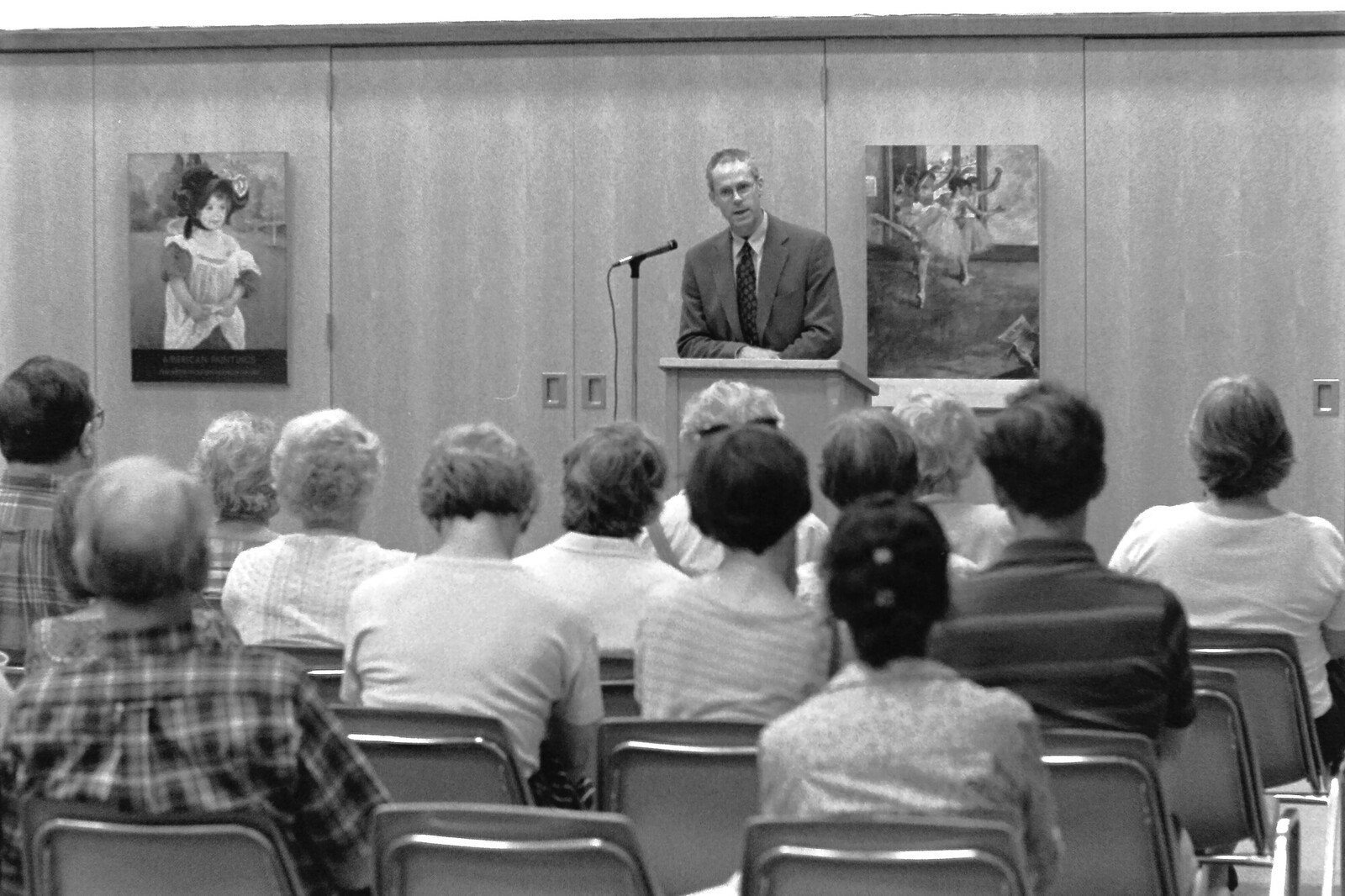For anyone who has worked with the Quaker UN Office (QUNO) in New York, Stephen Collett's name looms large as a former Director who provided steadfast leadership during a time of significant change at the UN. We are saddened to learn of his unexpected passing on 29 July 2024.
Stephen and his wife, Berit Collett, served as Directors of QUNO and Quaker House from 1986 to 1998. During that time, the world saw the end of the Cold War, producing new optimism about the potential role of the UN in its work for peace, development, and human rights. After a long period of being deadlocked, the UN Security Council was able to come together and pass resolutions, producing a proliferation of new UN peacekeeping missions. The upbeat mood was quickly challenged by the failures of the UN to respond to genocides in Rwanda and Srebrenica. It was also a period of significant UN summits and conferences, including the World Summit for Children (1990), the Rio Earth Summit (1992), the UN Conference to Combat Desertification (1994), the World Summit on Social Development (1995), the World Conference on Women (1995), and the World Food Summit (1996).
During this dynamic period at the UN, Stephen provided leadership for Quaker work. He vividly captured the experience in his article, "Sixty Years With the UN in New York." The piece provides a historical overview, describing the approaches at the heart of Quaker work at the UN since the office's inception in 1948. It also provides colourful stories about the diplomats, UN staff, and civil society partners who worked closely with QUNO during Stephen's tenure as Director.
Stephen was born into a Quaker family in Cincinnati, Ohio, on 16 March 1946. In 1966, he began his studies at Haverford College. An active pacifist, Stephen was a conscientious objector during the period of the Vietnam War. While still a student, he left Haverford College and travelled to Europe, where he met and married Inga Berit Kyllingstad. Berit was a single mother of three, and at 21, Stephen became a father to the new family. Together, Stephen and Berit had four more children.
After some time in Norway, they returned to the United States, where Stephen completed his bachelor's degree at Wilmington College in 1970. The family then moved to Boulder, Colorado, where Stephen studied Human Geography at the University of Colorado. In 1973, the family moved to a small farm in Norway. Between 1977 and 1985, he worked to establish and operate the first "Developmental Studies" program at the University of Agder.
After a short period of teaching at Earlham College, Stephen took on the role of QUNO Director. During this time, he was also actively involved in the Friends Association for Higher Education and served as a board member at Wilmington College, Guilford College, and Earlham College.
Stephen and Berit were happy to return to Norway after their work in New York. After Berit's untimely death, Stephen moved to the Lista peninsula with a wide-open view of the sea. He was actively involved in his local Quaker community, taking a leadership role in the creation of a Norwegian version of Faith and Practice. He also played a crucial role in guiding aid from Norwegian Friends to support peace and development work in the Great Lakes region of Africa.
QUNO staff would like to take this opportunity to express our condolences to his family and express our gratitude for the vital role he played in shaping Quaker work at the UN in New York.
Thanks to Norwegian Friends from Agder monthly meeting, and members of the Collett family for their contributions. Image by Terry Foss.







